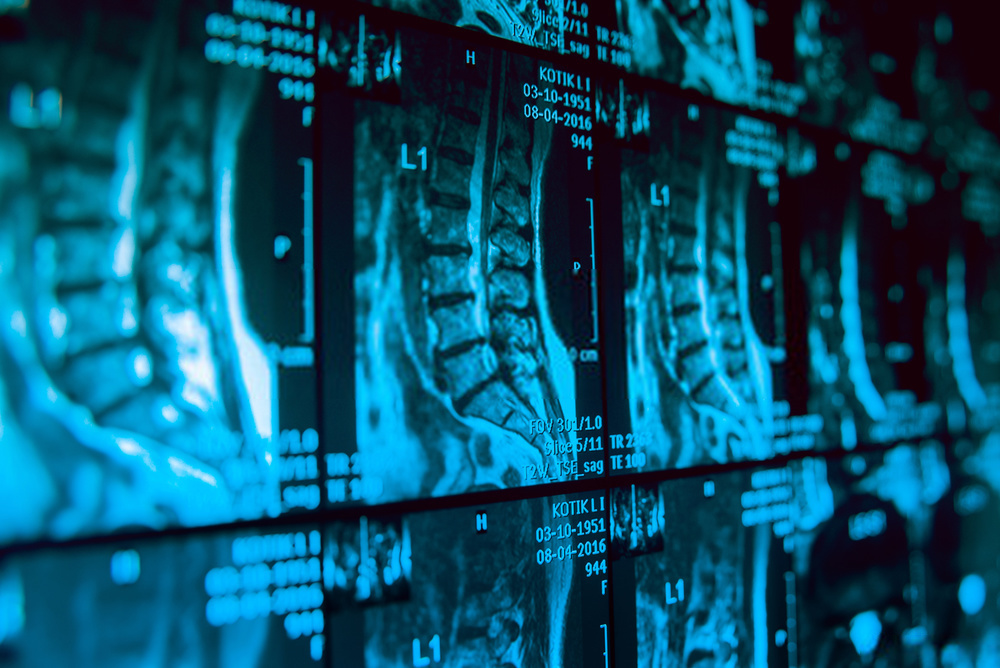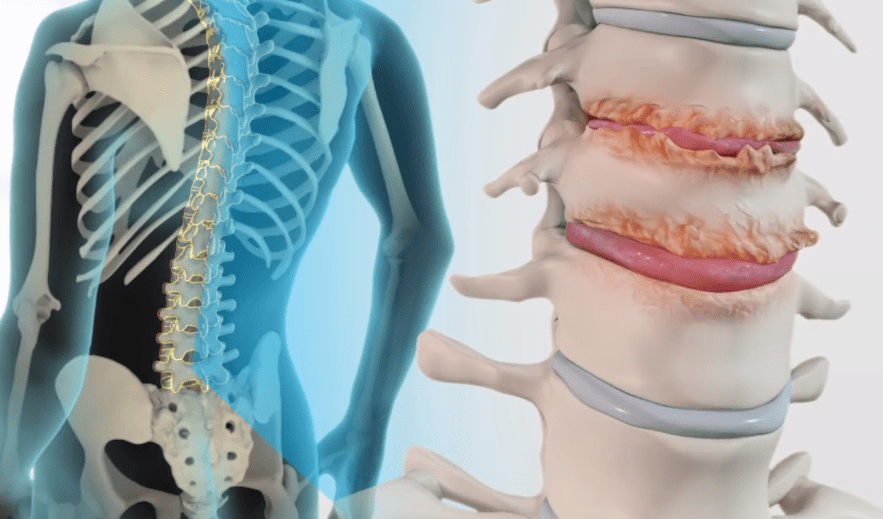Back And Spine Doctor
Back And Spine Doctor Manhattan

Our experts use a multispecialty approach to care. Together they determine the most appropriate treatment for each patient. As a team, we carefully consider nonsurgical and surgical options to ensure the best possible outcome.
The above information can usually be obtained from reliable sources like your family doctor, friends, relatives, patients who have had back pain treatment, local hospital physician-referral service or universities and the physician's website.
Our spine specialists are committed in providing minimally invasive and non-surgical treatments. We utilize the most up-to-date technology and therapies to provide efficient treatments.

